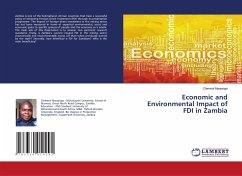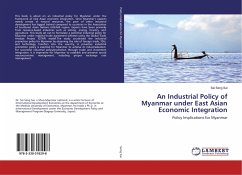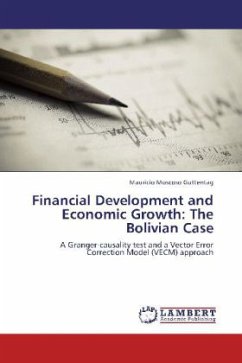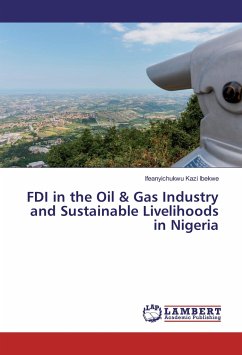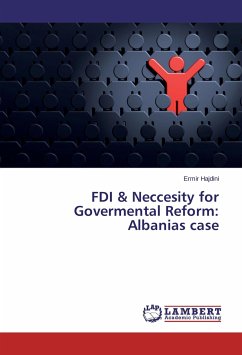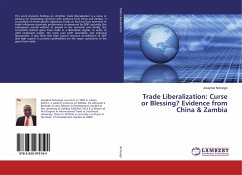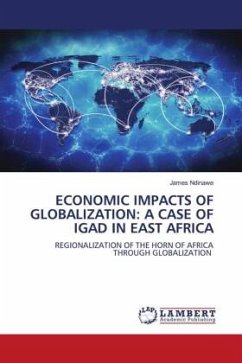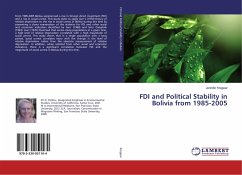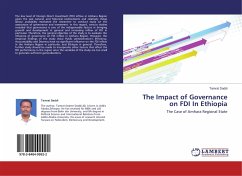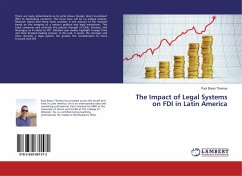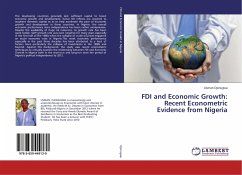
FDI and Economic Growth: Recent Econometric Evidence from Nigeria
Versandkostenfrei!
Versandfertig in 6-10 Tagen
41,99 €
inkl. MwSt.

PAYBACK Punkte
21 °P sammeln!
The developing countries generally lack sufficient capital to boost economic growth and development, hence fDI inflows are required to augment domestic capital so as to help accelerate the pace of economic growth and development in these countries. In Nigeria, the overall economic performance since independence has been rather unimpressive. Despite the availability of huge oil resources, its growth rate has been quite feeble. GDP growth rate was even negative for many years especially in the first half of the 1980s when the collapse of crude oil prices triggered an acute economic crisis in Nig...
The developing countries generally lack sufficient capital to boost economic growth and development, hence fDI inflows are required to augment domestic capital so as to help accelerate the pace of economic growth and development in these countries. In Nigeria, the overall economic performance since independence has been rather unimpressive. Despite the availability of huge oil resources, its growth rate has been quite feeble. GDP growth rate was even negative for many years especially in the first half of the 1980s when the collapse of crude oil prices triggered an acute economic crisis in Nigeria.This weak economic performance especially in the past three decades has been attributed to a host of factors more particularly the collapse of investments in the 1980s and beyond. Against this background, the study uses recent econometric techniques to critically examine the relationship between FDI and Economic Growth in Nigeria both in the short-run and long-run since the period of Nigeria's political independence to 2012.



